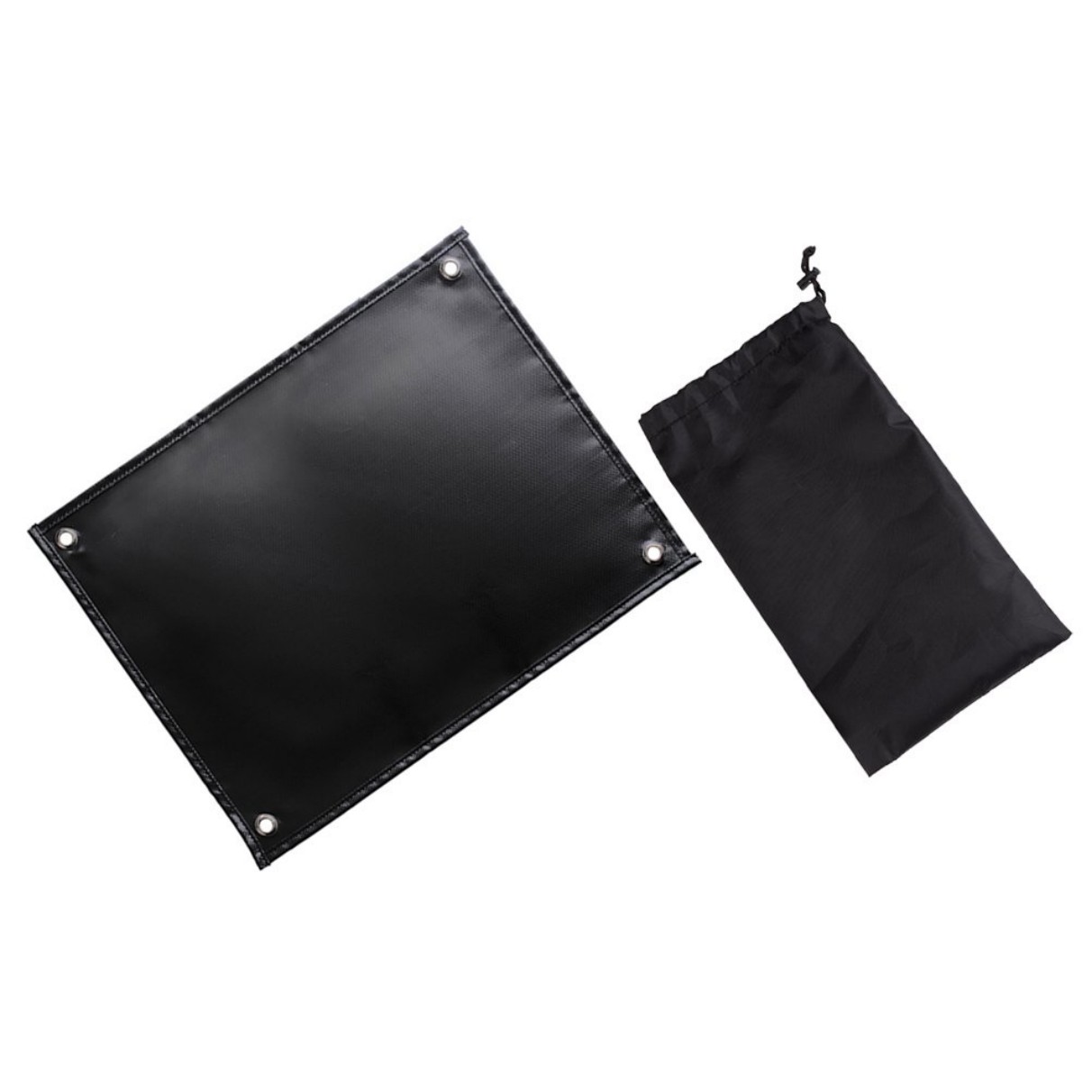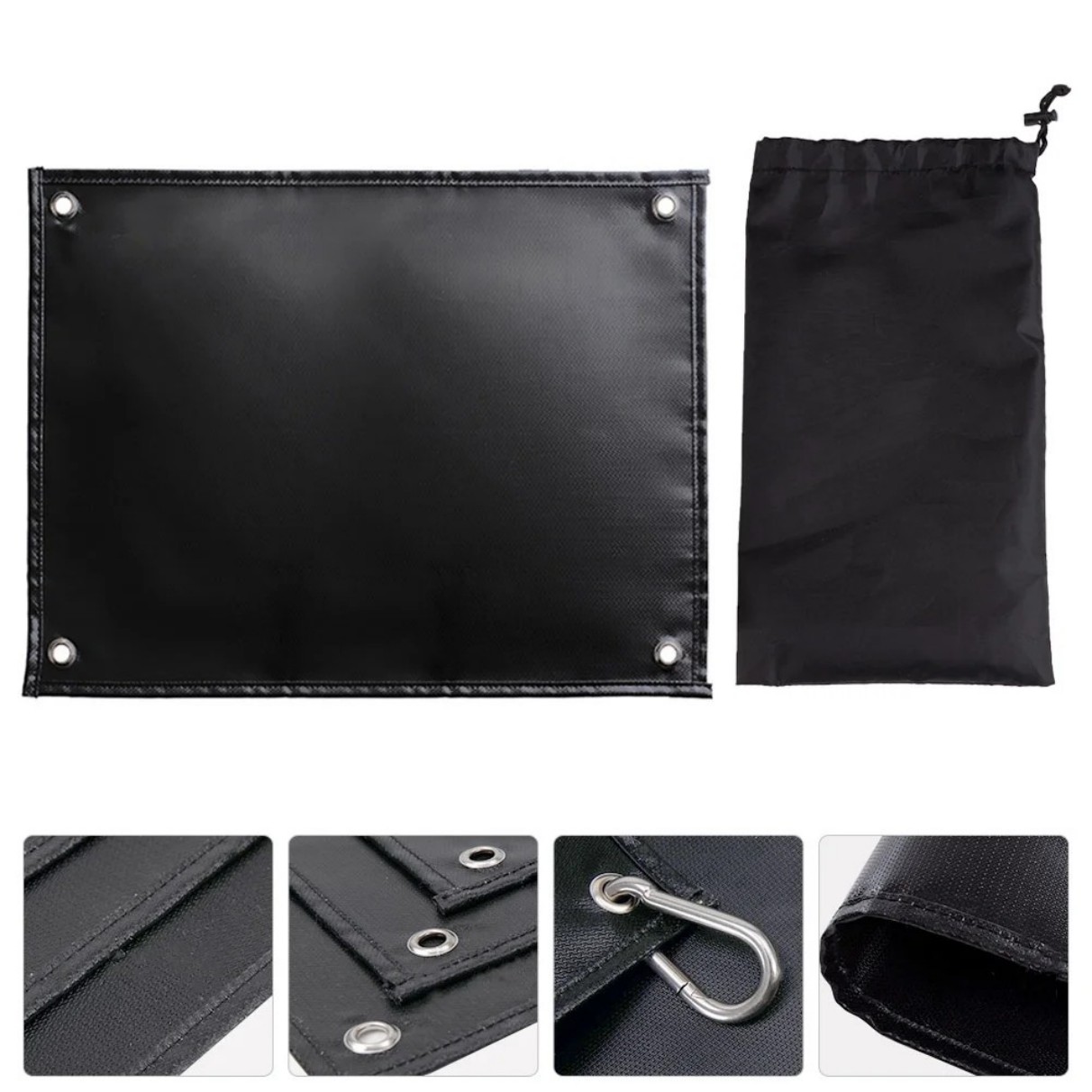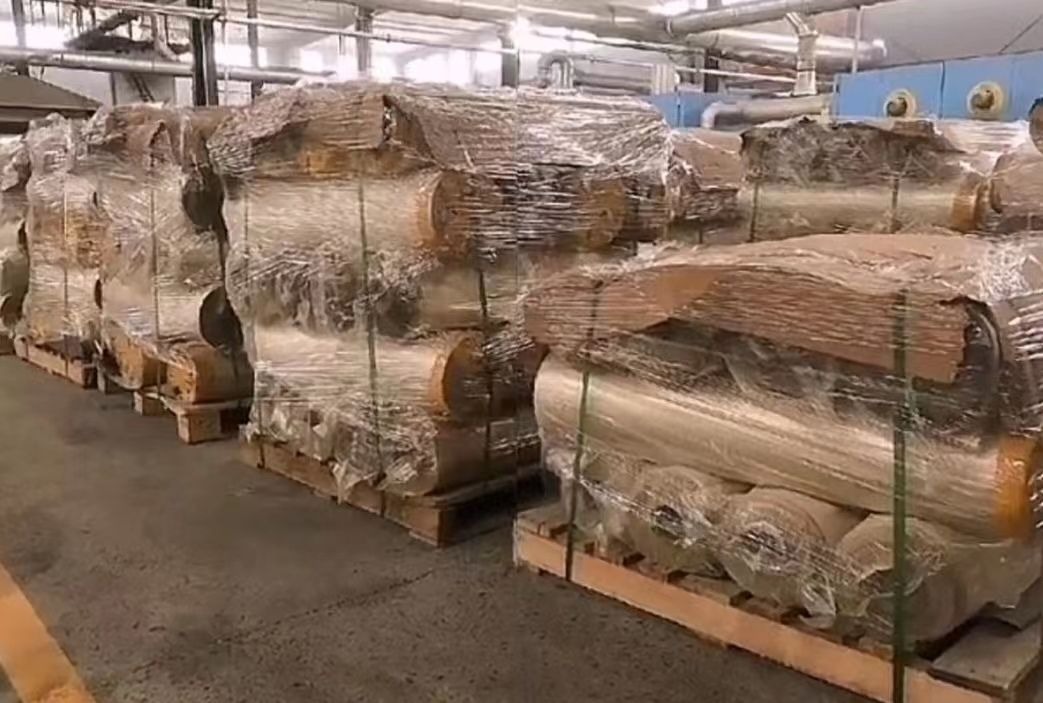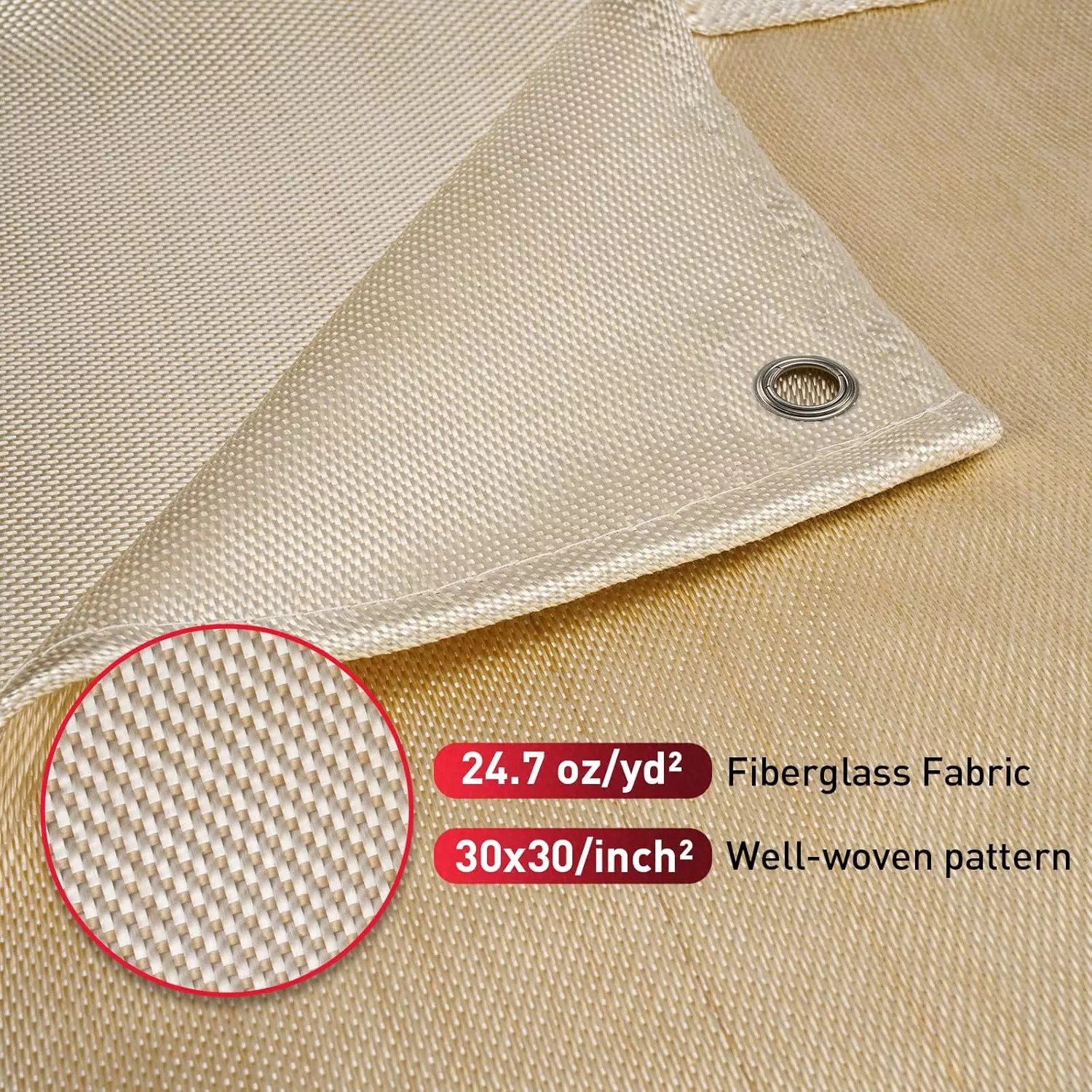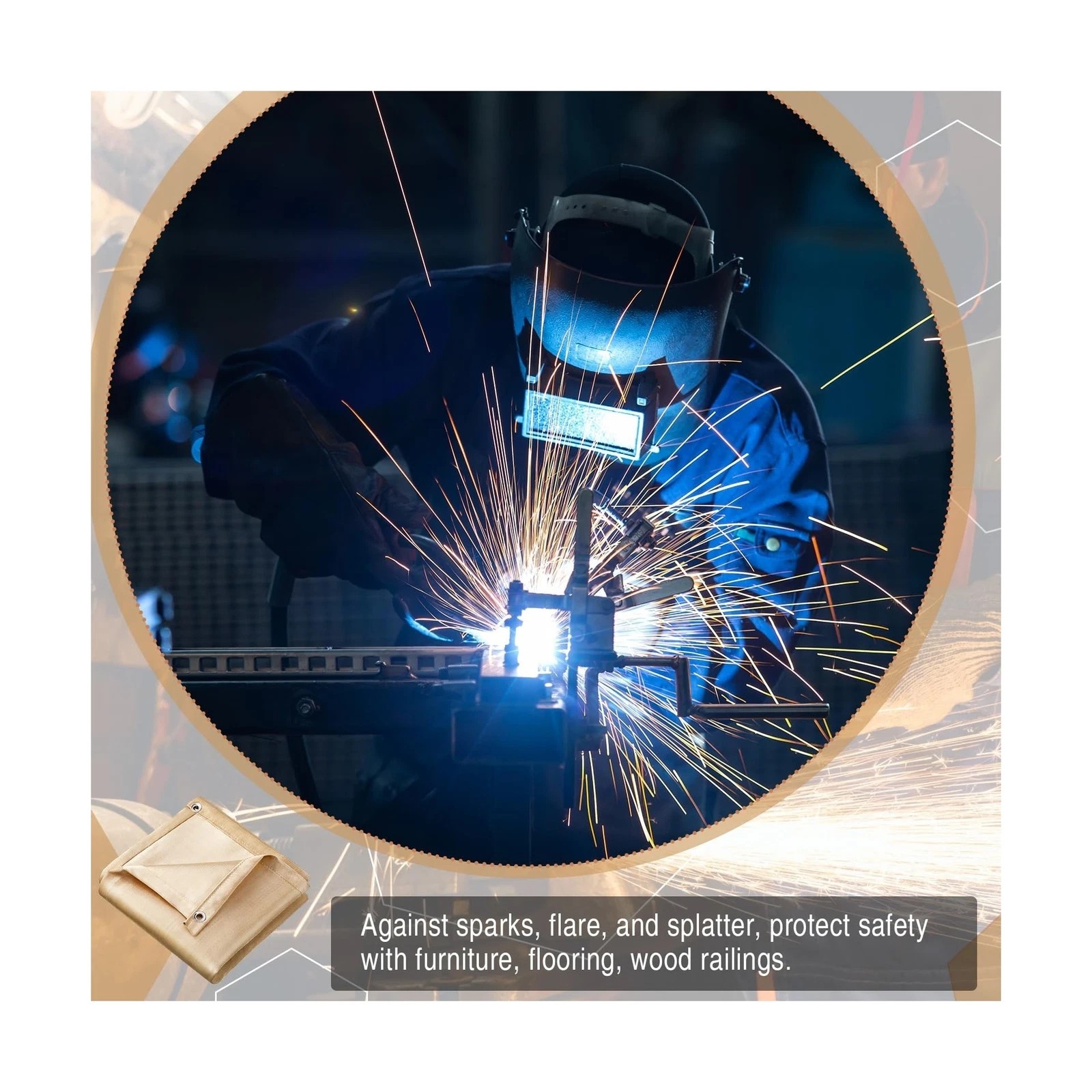Marine Fire Blankets: Essential Safety Equipment for Ships and Boats
Marine fire blankets are specialized safety devices designed to smother small fires on boats and ships. This guide explains how they work, their benefits, proper usage, and why they're crucial for maritime safety.
What Are Marine Fire Blankets?
Marine fire blankets are fire-resistant sheets made from materials like fiberglass or specially treated wool. Unlike regular fire blankets, marine versions are designed to withstand harsh sea conditions, including moisture, saltwater exposure, and temperature fluctuations.
Key difference:Marine fire blankets meet stricter safety standards (like SOLAS regulations) than household versions and are sized to handle common maritime fire risks.
How Marine Fire Blankets Work
When placed over a fire, marine fire blankets:
- Cut off oxygen supply to the flames
- Contain flammable liquids that might splash
- Protect users from radiant heat
- Can be used to wrap around a person whose clothes are on fire
Critical Uses on Boats and Ships
Marine fire blankets are particularly effective for:
- Galley fires:Common cooking oil or electrical fires in the kitchen area
- Engine room incidents:Small fuel or electrical fires before they spread
- Personal protection:When crew or passengers catch fire
- Containment:Preventing small fires from reaching flammable materials
Choosing the Right Marine Fire Blanket
When selecting marine fire blankets, consider:
- Size:Minimum 1m × 1m for small boats, larger for commercial vessels
- Material:Fiberglass is most common; some use advanced composites
- Certification:Look for SOLAS, MED, or ISO certification
- Storage:Quick-release containers that protect from moisture
- Visibility:Bright colors for easy location in emergencies
Proper Usage Techniques
To effectively use marine fire blankets:
- Pull the blanket from its container by the tabs (never the blanket itself)
- Hold the blanket as a shield between you and the fire
- Place gently over flames - don't throw it
- Leave in place until completely cooled (at least 30 minutes)
- Never reuse a deployed blanket
Maintenance and Inspection
Regular checks ensure your marine fire blanket works when needed:
- Inspect monthly for damage or moisture
- Check expiration dates (typically 5-7 years)
- Ensure quick-release mechanisms function properly
- Replace after any exposure to saltwater spray
- Store in easily accessible locations marked with clear signage
Why Marine Fire Blankets Outperform Extinguishers in Some Cases
While fire extinguishers are essential, marine fire blankets offer advantages:
- No chemical residue to clean up
- No risk of spreading flammable liquids
- Can be used in confined spaces without breathing hazards
- Effective on grease fires where water would be dangerous
- Simple operation with minimal training required
Training Your Crew
Proper training ensures effective use of marine fire blankets:
- Include in regular safety drills
- Demonstrate on controlled fires (using training blankets)
- Practice accessing blankets quickly in different locations
- Teach when NOT to use them (large or chemical fires)
- Combine with other firefighting techniques
Safety tip:Install marine fire blankets within 30 seconds reach of high-risk areas like galleys and engine rooms, and at all emergency muster stations.
Regulatory Requirements
Marine fire blanket requirements vary by vessel type:
- Commercial vessels:Required under SOLAS and various flag state regulations
- Recreational boats:Often required by marine insurance policies
- Fishing vessels:Specific requirements based on size and operation area
- Passenger ships:Multiple blankets required in public spaces
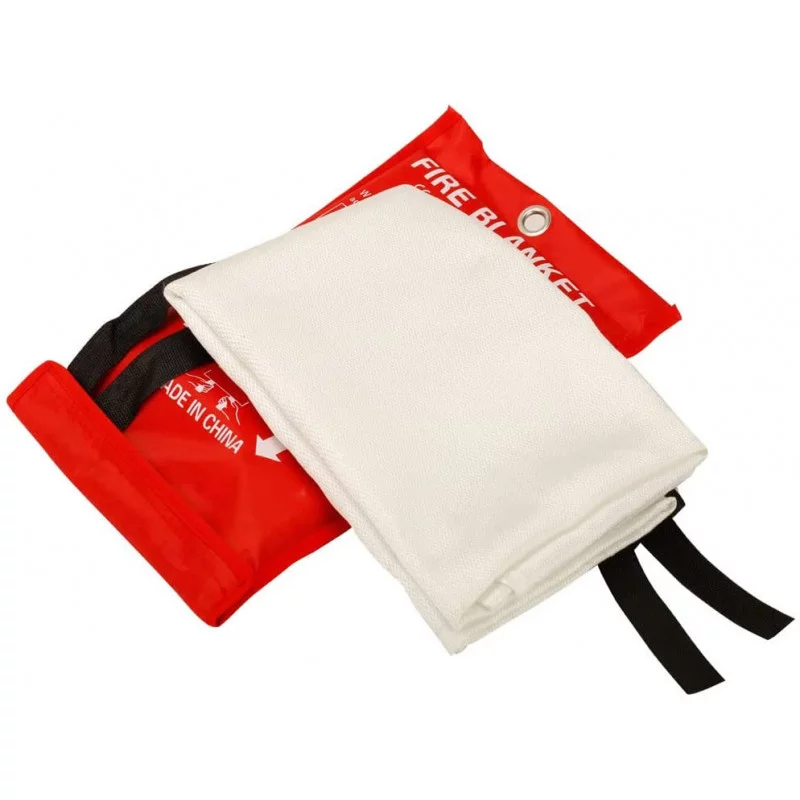
Conclusion
Marine fire blankets are simple yet vital safety tools that every vessel should carry. Their proper selection, placement, and maintenance can mean the difference between a contained incident and a catastrophic fire at sea. Pair them with other firefighting equipment and regular training for comprehensive maritime fire safety.


